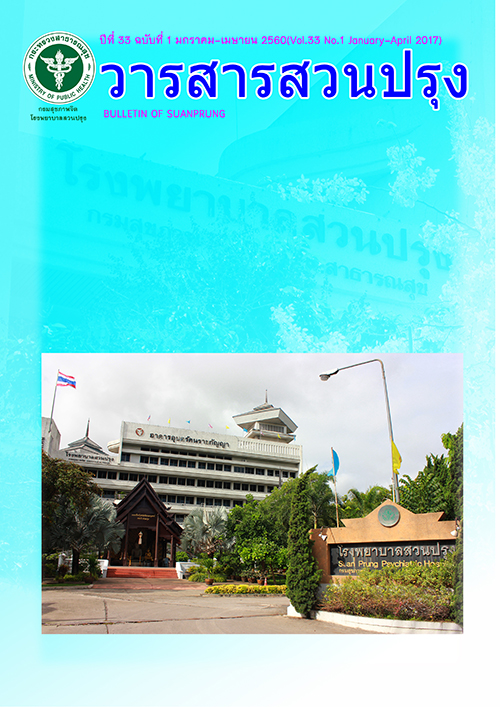Changes in the American Psychological Association’s Ethical Principles of Psychologists and Code of Conduct in 2010 and updates in Thai version
Main Article Content
Abstract
The ethical principles of psychologists aim to protect clients’ rights and welfare. The principles intend to acknowledge psychologists, psychology students, and people in terms of appropriate guidelines of practice. The American Psychological Association (APA)’s Ethics Code has been considered one of the most essential principles to develop ethical standards for another psychological agency around the world. The newest version of the APA’s Ethics Code is the 2010 which consists of significant changes in its context and emphasizes suitable procedures in the appearance of the conflicts between ethical principles and the law, regulations, or other governing legal authority. It is recommended that psychologists make known their commitment to the Ethics Code and take reasonable steps to resolve the conflict regarding the General Principles and Ethical Standards of the Ethics Code and the human rights
Article Details
บทความหลังผ่านการปรับแก้จากกองบรรณาธิการแล้ว เป็นลิขสิทธ์ของวารสารจิตเวชวิทยาสาร โรงพยาบาลสวนปรุง กรมสุขภาพจิต กระทรวงสาธารณสุข ห้ามเผยแพร่เพื่อประโยชน์ทางการค้าโดยไม่ได้รับอนุญาต แต่อนุญาตให้เผยแพร่บทความดังกล่าวเพื่อประโยชน์ทางการศึกษาแก่ประชาชนทั่วไป ทั้งนี้กองบรรณาธิการไม่จำเป็นต้องเห็นด้วยกับบทความหรือข้อคิดเห็นใดๆ ที่ปรากฏในวารสารสวนปรุง
References
American Psychological Association. 2016 APA Ethics Committee Rules and Procedures. [online]. Available from://www.apa.org [2016 July 15].
American Psychological Association. Ethical Principles of Psychologists and Code of Conduct 2002. Am Psychol 2002; 57: 1060-1073.
American Psychological Association. Ethical Principles of Psychologists and Code of Conduct 2002 with the 2010 Amendments. [online]. Available from://www.apa.org [2015 October 1].
Phungpong S, Kintarak S. 2016 Thai Translation of the American Psychological Association’s Ethical Principles of Psychologists and Code of Conduct 2002 with the 2010 Amendments. [online]. Available from: www.thaiclinicpsy.org [2016 August 22].

